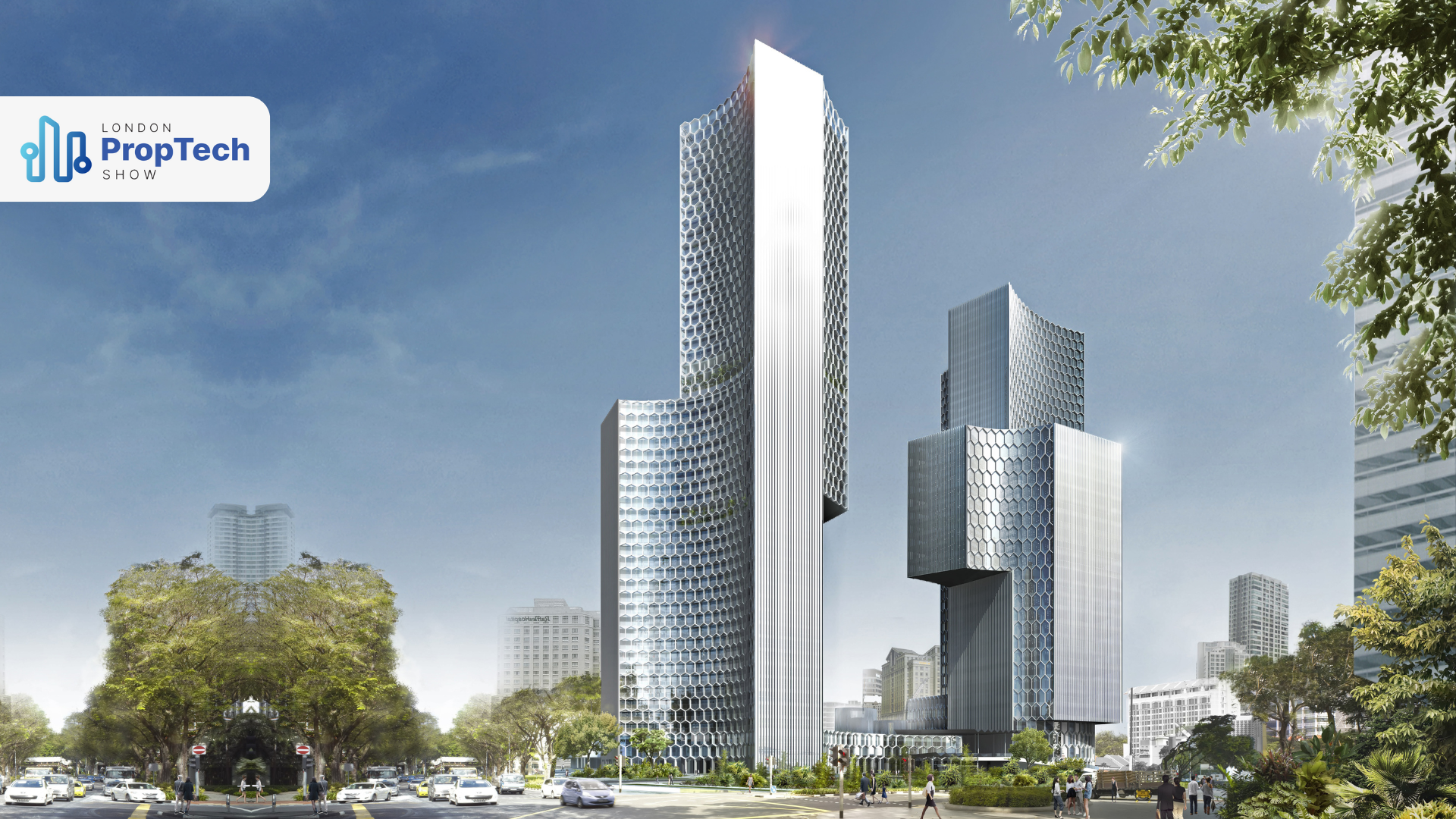In today’s rapidly evolving real estate landscape, the significance of consumer experience cannot be overstated. As highlighted in JLL's 2024 Global Consumer Experience Survey, people's interactions with places and spaces play a crucial role in shaping their quality of life. As the property industry shifts towards a more human-centric approach, events like the London PropTech Show are critical for exploring how technology and innovation can transform the ways we live, work, and engage with the built environment.
At the centre of this transformation is the experience economy. Consumers are increasingly looking for more than just the basic functionality from the buildings they live and work in, they want a rich and personalised experience. This trend is particularly noticeable in urban environments, where people expect their surroundings to provide memorable moments, convenience, and a sense of belonging. According to a 2024 survey, 76% of respondents believe cities must offer new experiences to remain relevant, with younger generations leading this demand.
For real estate developers, this shift presents a clear mandate: to create destination spaces that go beyond providing shelter or workspace. These spaces must cater to the individual preferences and social needs of diverse populations, incorporating features such as values-aligned design, human connection, and technology integration. The convergence of these elements can enhance consumer satisfaction and improve financial returns, making experience-led strategies essential for future developments.
One of the most significant insights from the report is the role of digital transformation in enhancing physical spaces. As cities grow smarter and more connected, technology enables a seamless blend of digital and physical experiences. For instance, the integration of apps, augmented reality, and online services within real estate projects allows consumers to tailor their experiences to their personal preferences. This ability to offer hyper-personalization is a crucial advantage, especially as 67% of respondents expressed a preference for in-person shopping, despite the convenience of online retail.
Moreover, human-centric design plays an important role in ensuring that urban spaces are not only functional but also conducive to positive social interactions. The report suggests that urban developments should be designed with inclusivity in mind, providing opportunities for different generations to connect. As more developments shift towards multi-generational design, there’s an increasing focus on creating a sense of community within urban spaces. People seek shared experiences, from dining out to attending events, which help strengthen social ties and build lasting connections.
For investors and developers, these findings underscore the necessity of prioritising experience in real estate strategies. Whether through new developments or the repositioning of existing assets, understanding and responding to consumer needs will drive success in the PropTech era. With data-driven insights, developers can anticipate evolving preferences and design spaces that not only meet today’s demands but also possess the resilience to adapt to the future.
The future of real estate is centred on creating people-oriented destinations that are enriched by experience, powered by technology, and aligned with the values of the community. As the industry continues to transform, those who can harness the power of the experience economy will unlock tremendous value - not just in terms of financial returns but in improving the lives of those who use and enjoy these spaces. The London PropTech Show is the perfect platform for industry leaders to exchange ideas and explore how the latest technologies can support these goals, shaping the future of real estate for the better.


